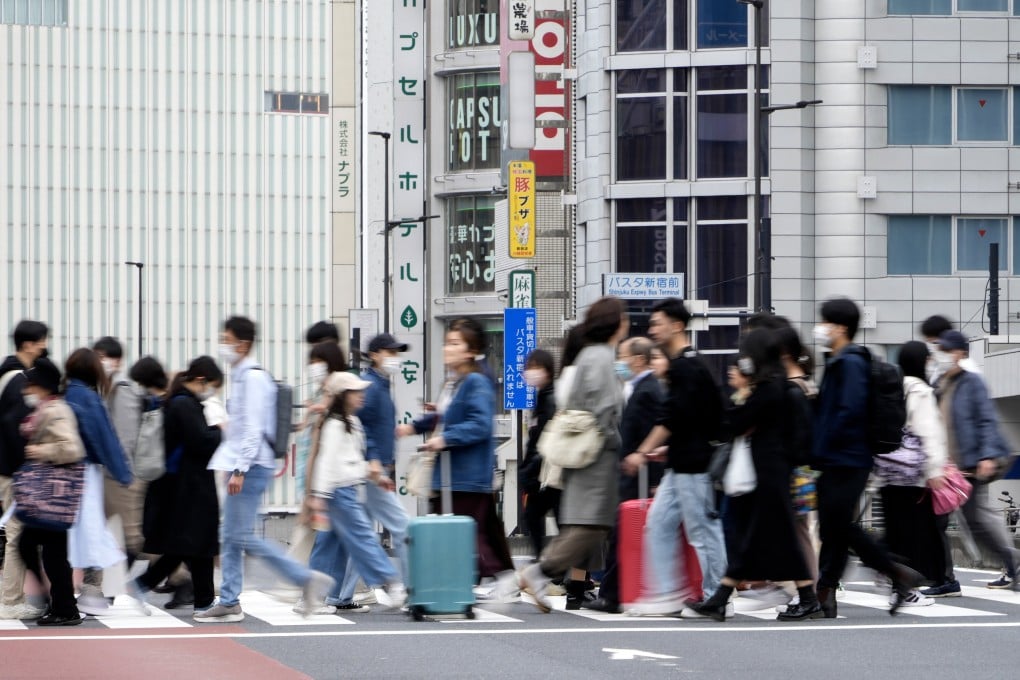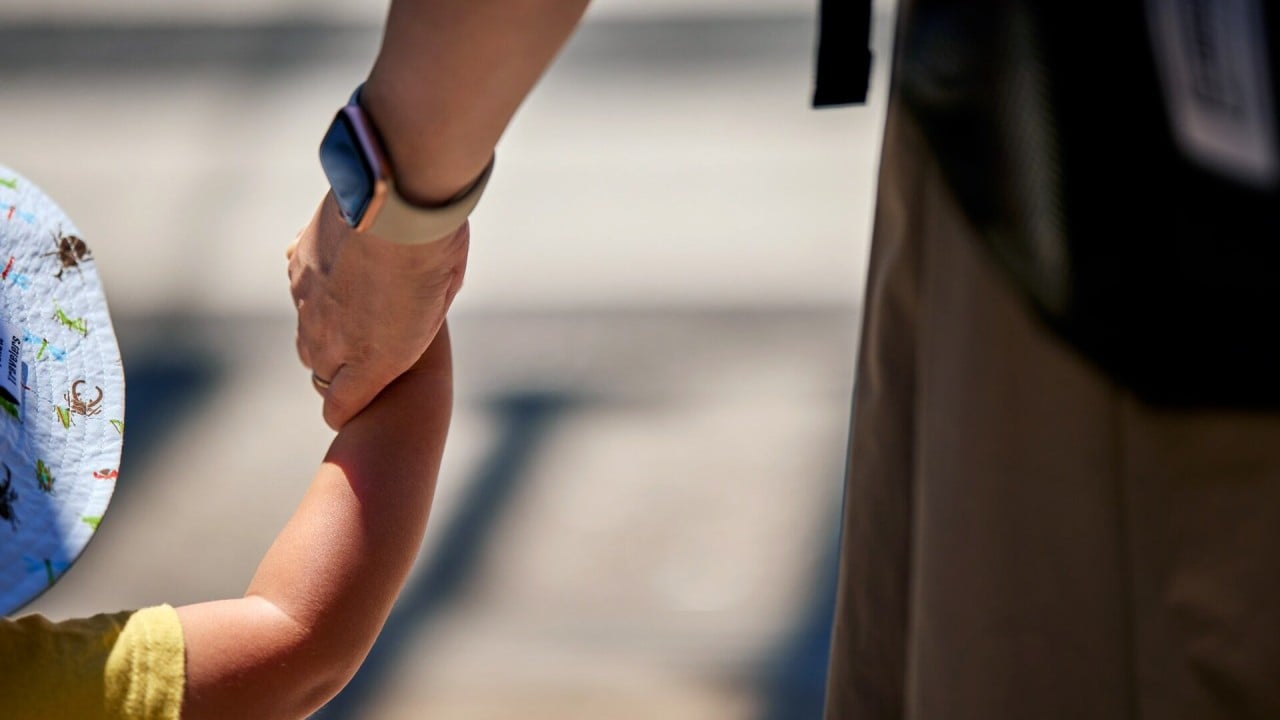Japan’s population falls for 13th straight year as birth rates decline, society ages
- The population of Japanese nationals saw its largest drop since comparable data became available in 1950
- Projected trends suggest that the central and local governments need to enhance support for elderly people in areas such as nursing care

Japan’s population fell 595,000 from a year earlier to 124.35 million as of October 1 last year, for the 13th consecutive year of decline, government data showed on Friday, as the Asian nation continues to grapple with a declining birth rate and a rapidly greying society.
The population of Japanese nationals fell 837,000 to 121.19 million, marking the largest drop since comparable data became available in 1950, according to a demographic survey by the Ministry of Internal Affairs and Communications.
Those aged 75 or above rose 713,000 to about 20.08 million, eclipsing the 20 million mark for the first time.

The number of people aged from zero to 14 fell 329,000 to about 14.17 million, accounting for 11.4 per cent of the total population, the lowest ever. Those aged between 15 and 64 dropped 256,000 to about 73.95 million, 59.5 per cent of the total population.
Meanwhile, the foreign national population rose 243,000 to about 3.16 million. Foreign workers and students who had been in Japan more than 90 days were counted in the overall population figure, according to the ministry.
Among the country’s 47 prefectures, only Tokyo saw a rise in population, the second straight year of increase for the Japanese capital.
In an estimate released by a national population institute the same day, single-person households were forecast to account for 44.3 per cent of the 52.61 million households in Japan in 2050, with nearly half of them made up of people aged 65 or older.
